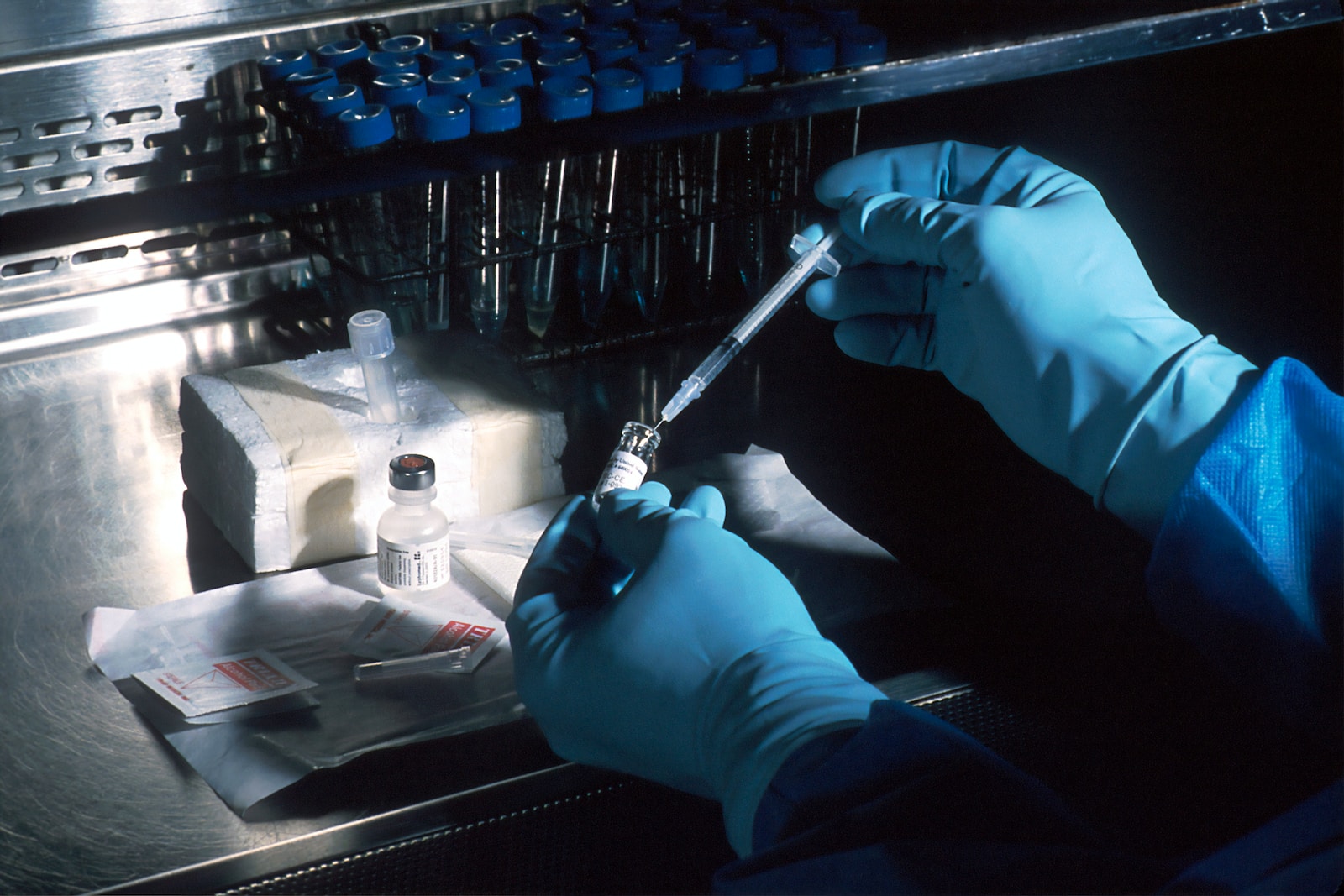![]()
As a leading organization dedicated to advancing cancer research, we have analyzed the latest developments in this field and synthesized them into this comprehensive review. In this article, we will cover the most promising advances in cancer treatment, diagnosis, and prevention, and explain their potential impact on patients’ lives.
flowchart LR A[Precision Medicine] --> B[Immunotherapy] A[Precision Medicine] --> C[Targeted Therapy] D[Liquid Biopsies] --> E[Detect Cancer Biomarkers] F[Artificial Intelligence] --> G[Radiomics] F[Artificial Intelligence] --> H[Drug Discovery]
Precision Medicine: Targeting Cancer with Personalized Therapy
Precision medicine is a revolutionary approach to cancer treatment that tailors therapy to the individual patient’s genetic and molecular profile. By analyzing the specific mutations and biomarkers driving a patient’s cancer, precision medicine allows oncologists to prescribe drugs that selectively target these abnormalities, while sparing healthy cells.
One of the most promising examples of precision medicine is immunotherapy, which harnesses the patient’s immune system to recognize and attack cancer cells. Recent clinical trials have shown remarkable results with immunotherapy, especially in patients with advanced or hard-to-treat cancers, such as melanoma, lung cancer, and bladder cancer.
Another area of progress in precision medicine is targeted therapy, which uses drugs that inhibit specific molecular pathways that cancer cells depend on to grow and divide. For example, drugs targeting the HER2 protein have revolutionized the treatment of breast cancer, while drugs targeting the BRAF gene have improved outcomes in melanoma and lung cancer.
Liquid Biopsies: Non-Invasive Detection of Cancer Biomarkers
Traditionally, cancer diagnosis requires invasive procedures, such as biopsies, to obtain tissue samples for pathological analysis. However, liquid biopsies are emerging as a promising alternative that can detect cancer biomarkers in blood or other bodily fluids, without the need for surgery.
Liquid biopsies have several advantages over traditional biopsies. They are less invasive and safer for patients, especially those with advanced or metastatic cancer who may not tolerate surgery. They also allow for real-time monitoring of tumor dynamics and response to therapy, which can guide treatment decisions.
Recent studies have shown that liquid biopsies can detect cancer biomarkers with high accuracy and sensitivity, and that they have the potential to revolutionize cancer diagnosis and monitoring. For example, liquid biopsies have been used to detect early-stage lung cancer in high-risk individuals, and to monitor response to immunotherapy in melanoma and other cancers.
Artificial Intelligence: Enhancing Cancer Detection and Treatment
Artificial intelligence (AI) is a rapidly evolving field that has the potential to transform cancer research and clinical practice. By analyzing large datasets of clinical and molecular data, AI algorithms can identify patterns and correlations that are beyond human perception, and generate predictive models that can guide treatment decisions.
One of the most promising applications of AI in cancer research is radiomics, which uses machine learning algorithms to analyze medical images, such as CT scans and MRI, and extract quantitative features that reflect tumor heterogeneity, shape, and texture. Radiomics has been shown to improve the accuracy of cancer diagnosis, prognosis, and response to therapy, and it has the potential to become a standard tool in oncology.
Another area of progress in AI is drug discovery, where algorithms can predict the efficacy and safety of new drug candidates, and accelerate the development of novel therapies. For example, AI has been used to identify new targets for immunotherapy and to design small molecules that inhibit cancer-promoting proteins.
Conclusion: Hope and Challenges in Cancer Research
In conclusion, cancer research is advancing at an unprecedented pace, driven by new technologies, innovative approaches, and collaborative efforts. Precision medicine, liquid biopsies, and AI are just a few examples of the many breakthroughs that are transforming cancer care and improving patients’ outcomes.
However, despite these advances, cancer remains a complex and challenging disease, with many unanswered questions and unmet needs.



